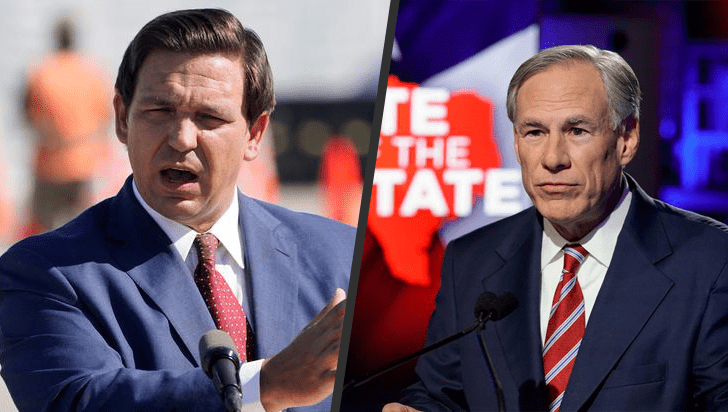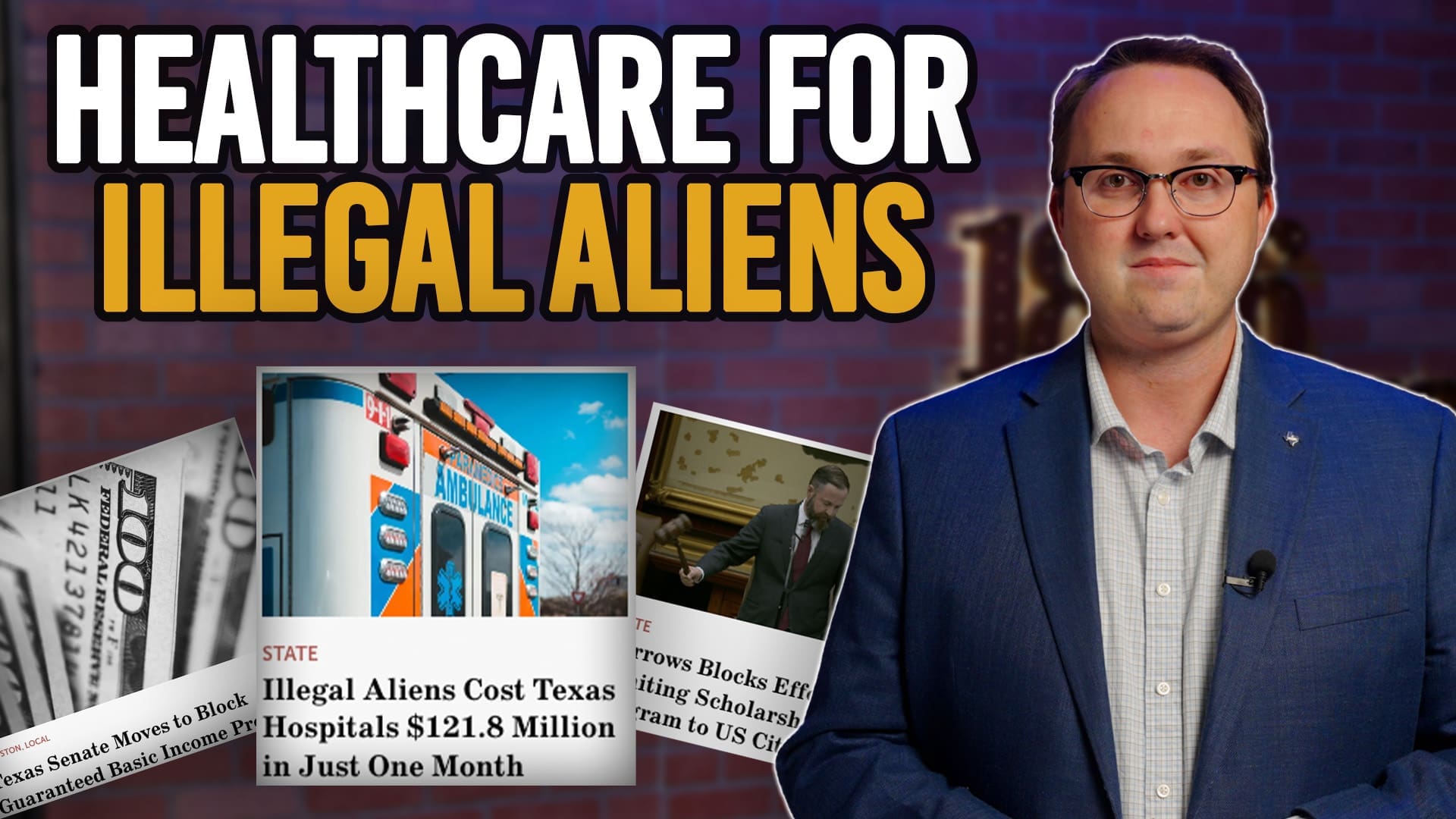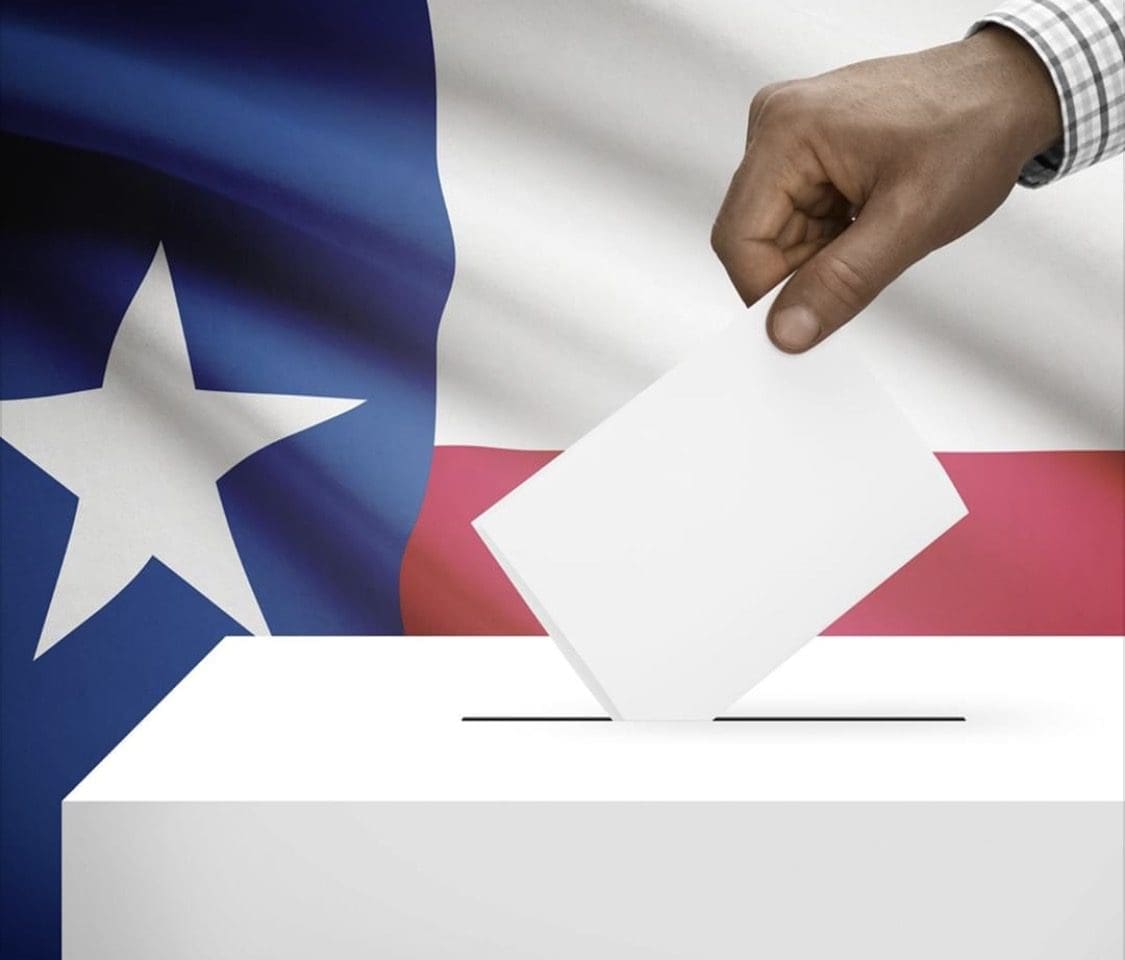With conservatives and former President Donald Trump being targeted and banned by Silicon Valley’s largest social media corporations, Florida Gov. Ron DeSantis (R) announced his intentions to defend freedom of speech in his state. Gov. Greg Abbott was silent on the issue during his State of the State address, but a Texas state representative has announced he is following DeSantis’ lead.
During his statewide address on Monday, Abbott announced his priorities for the 87th Texas Legislative Session—but nowhere did he mention protecting Texans from big tech censorship.
The next day, DeSantis held a press conference on the issue.
“I’m committed to addressing what may be one of the most pervasive threats to American self-government in the 21st century,” DeSantis said.
As part of his proposed “Transparency in Technology Act,” DeSantis suggests daily fines of $100,000 be put in place when technology companies ban political candidates from their platforms, as well as companies that “suppress or prioritize the access of” content of political causes or candidates.
DeSantis also wants citizens to be able to back out of technology companies’ “content algorithms,” and he added that his policy would equip the state’s attorney general to take action against Big Tech through Florida’s “Unfair and Deceptive Practices Act.”
“DeSantis using an old-school state fraud statute as a hook to bring suits against Big Tech is ingenious,” commented Josh Hammer of the Edmund Burke Foundation. “I’ve had several discussions in the past with conservative lawyers who have made precisely this argument, but a major Republican politician taking up the mantle is a big deal.”
One Texas legislator is following DeSantis’ lead.
“I will file a bill on Monday in the Texas Legislature that mimics the bill Governor Ron DeSantis filed in Florida,” posted State Rep. Steve Toth (R–The Woodlands) on Tuesday, adding that Facebook is censoring his political and nonpolitical posts. “Social Media Tech Giants like Facebook are using government protection under Section 230 to wage war against constitutionally protected speech. This is war.”
Citizens praised Toth’s announcement.
“Thank you for pushing back on censorship,” replied Suzanne Blackstone.
“Thanks for your courage to stand in this vital gap,” added Scott Nelson.
“Finally. Someone else with a backbone,” posted Stephanie McKee.
One citizen wanted to see protections expanded beyond just politicians.
“They are censoring Christian platforms too,” wrote Tammy Killough. “Make sure it protects everyone, not just politicians.”
Abbott’s emergency items for the Texas legislative session are expanding rural broadband internet, preventing defunding police by local governments, bail reform, election integrity, and liability protection from COVID-related lawsuits.
Other mentions by Abbott—but not emergency items—include making Texas a Second Amendment sanctuary state and preventing future bans of religious services.
Emergency items are the only ones the Texas Legislature is allowed to pass within the first 60 days of the session.
DeSantis is largely seen as Abbott’s rival for a potential 2024 presidential run. It remains to be seen if Abbott intends to take any action to protect Texans from Silicon Valley.
The 87th Legislative Session runs through May 31. Citizens can keep track of bills filed in the legislature by visiting Texas Legislature Online.





